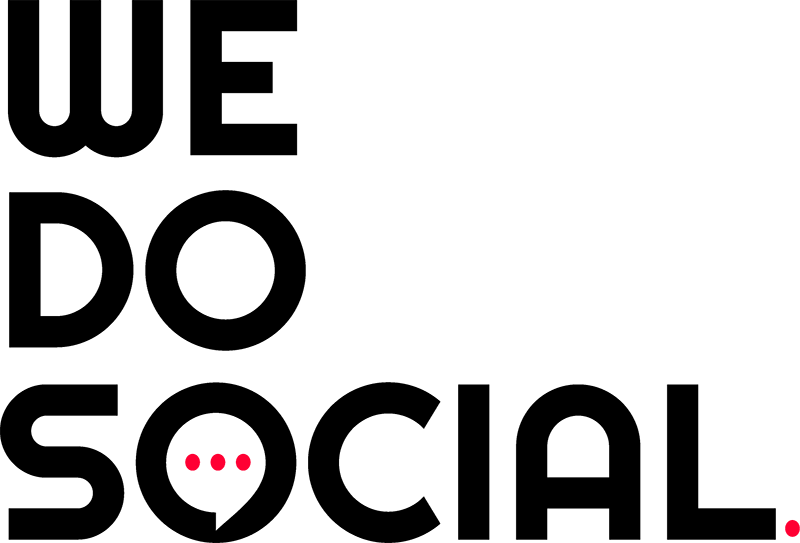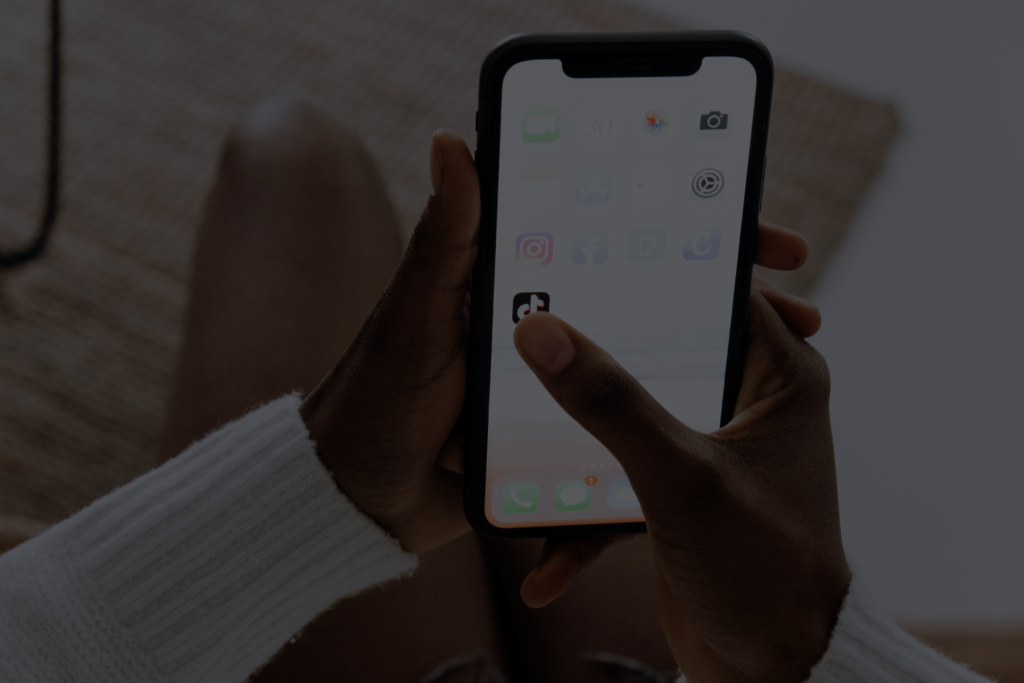Social media has become something people use daily. In 2021, there were 2.91 billion(!) monthly active users. If you search on Facebook for a condition support group, you’re bound to find one with hundreds if not thousands of active users, all supporting each other and recommending treatments! As a healthcare provider or brand, it is somewhere you want to be.
Benefits of social media in healthcare
Social media is a great way to raise awareness about new, emerging, or annual health concerns. You can also run effective social outreach campaigns specifically targeting relevant population groups.
So, exactly how can social media support healthcare?
Facebook groups
Spreading information about a condition, getting recommendations for treatments, and simply looking for support
Sometimes, all people want is an ear to listen to and a shoulder to cry on. Facebook groups allow people to share their experiences with others who might have gone through similar situations and not feel so alone. Many people look to others for a real-life account of what a particular medical procedure is like or get an idea of side effects from those who have been through some.
Getting the right information to people
The key to using social media in healthcare is to ensure the information being spread is true and accurate, but this can be hard to police on social media.
For example, 76% of respondents to a survey said they used social media “at least a little” to learn about COVID-19. However, 63.6% said they were unlikely to check the information they found on social media with a health professional.
This shows users are likely to believe what they read without doing any background research.
To counteract this, you can ensure that your brand shares relevant, timely and accurate information directly to your consumers. Share links back to your website, use references where possible or direct people to credible sources of current information.
Answer common questions
Social tools offer creative ways for healthcare professionals to address common questions.
Public health monitoring
In this digital day and age, people post about everything online, including their health. Hashtags like #flu can reveal when diseases are popping up.
For example, a spring 2020 study found an association between the number of Tweets mentioning telehealth and the number of confirmed COVID-19 cases in a particular state.

Source: Massaad, E., & Cherfan, P. (2020). Social Media Data Analytics on Telehealth During the COVID-19 Pandemic. Cureus, 12(4), e7838
And a study in the Annual Review of Public Health reported the following:
“While Twitter is by far the most frequently used platform in digital surveillance, many others have been used as well. For example, Facebook ‘like’ patterns correlate strongly with a wide range of health conditions and behaviours, and Instagram timelines have been used to identify adverse drug reactions.”
So, how can healthcare organisations utilise social media?
Educate and share valuable content
In times of crisis, people use social media for information. At the start of 2020, Twitter conversations about health and wellness increased 54%. To engage with your consumer base in the long term, you must provide regular, valuable content that educates and informs.
Make sure the tone is appropriate for your brand, but have fun with it! It doesn’t mean it needs to be boring because it is pharma.
Listen for relevant conversations
Use social listening to track conversations relevant to your field. This can include;
- Your brand, product name and handle
- Your disease area
- Competitors brands, product names and handles
- Campaign names
Remain compliant
We all know the difficulties of advertising within the healthcare market, which is no different on social media. Any information, graphics or videos must be compliant with the relevant regulations, including the FDA. So far this year, the FDA has issued 31 warning letters that specifically reference claims made on Instagram.





